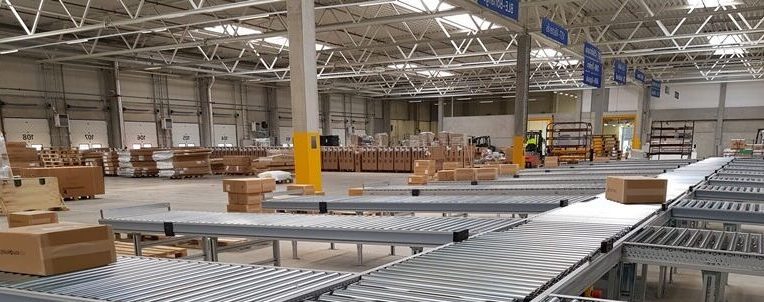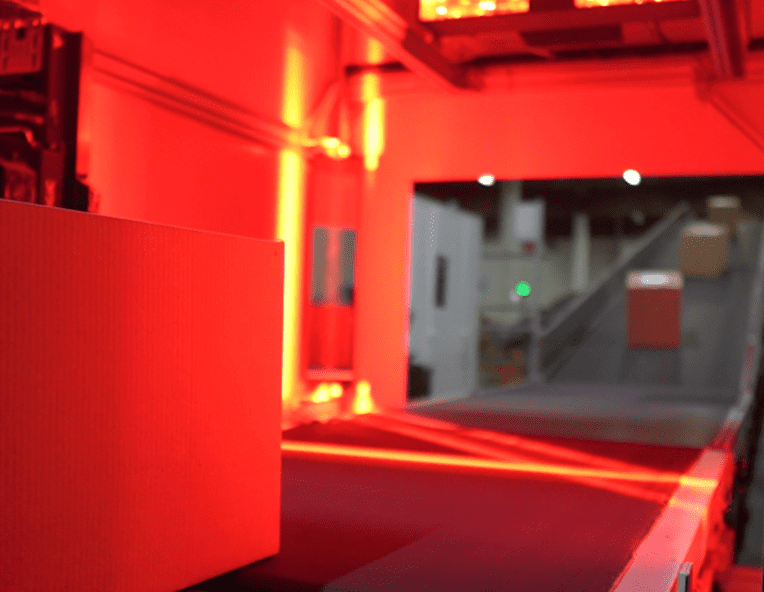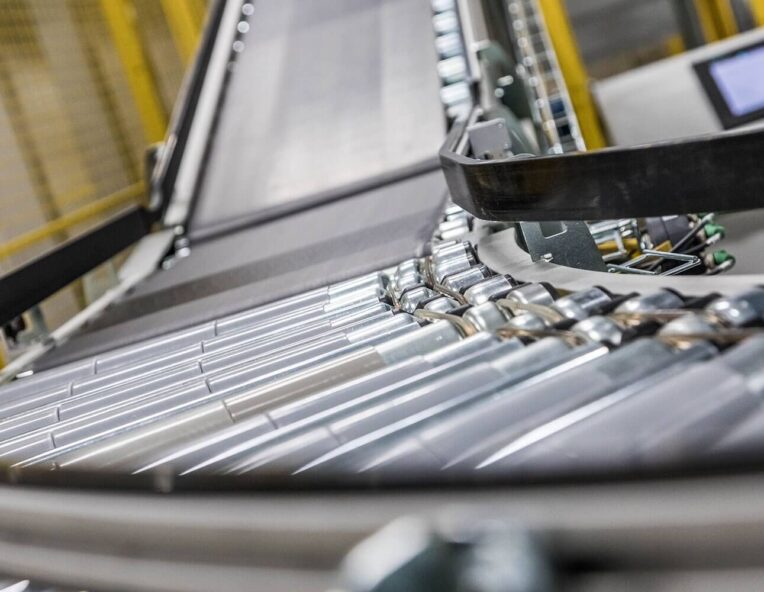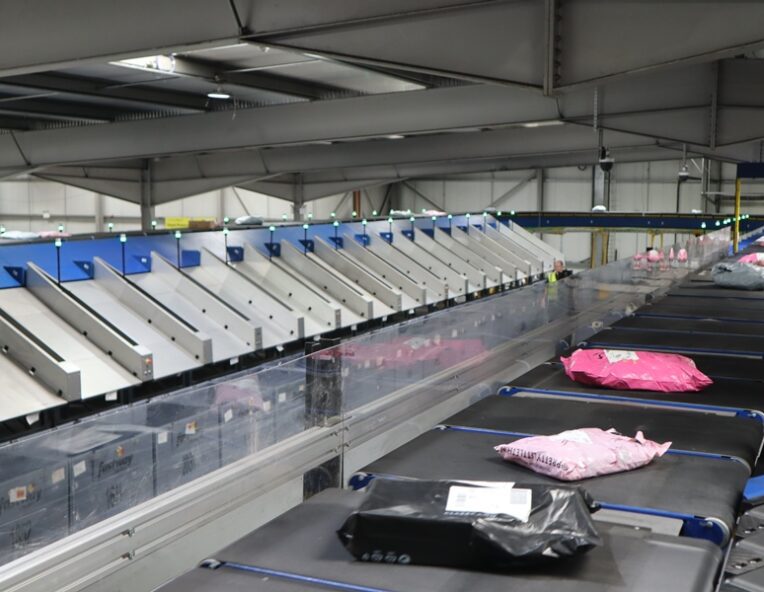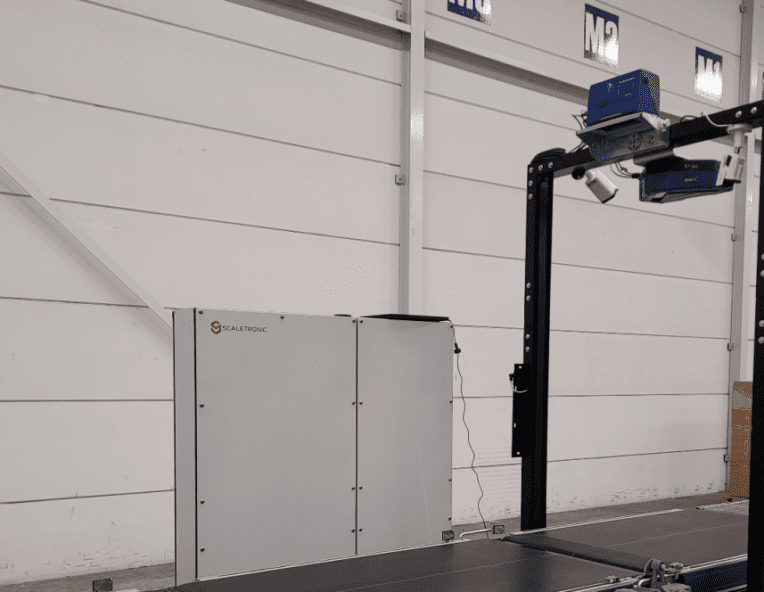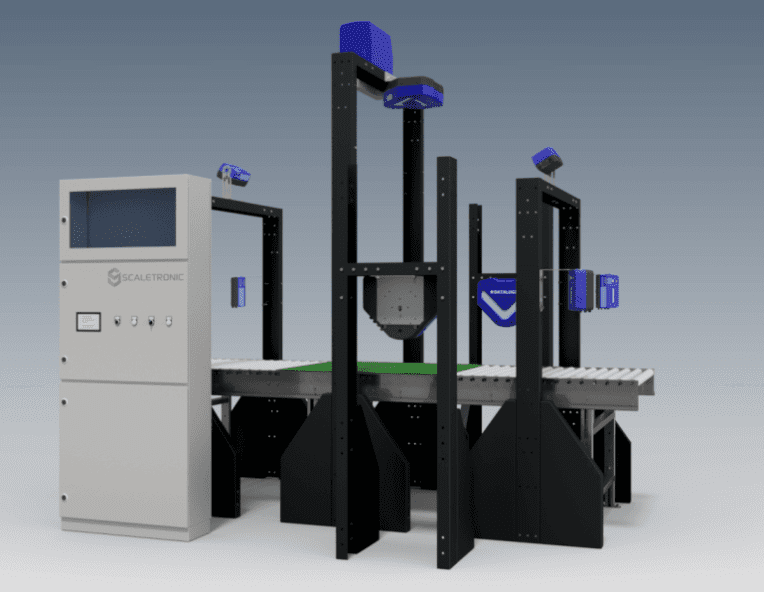What does Legal-for-trade mean?
What does Legal-for-trade mean and why is this certification essential?
By Rick Edwards | 14/04/2021 | Share:
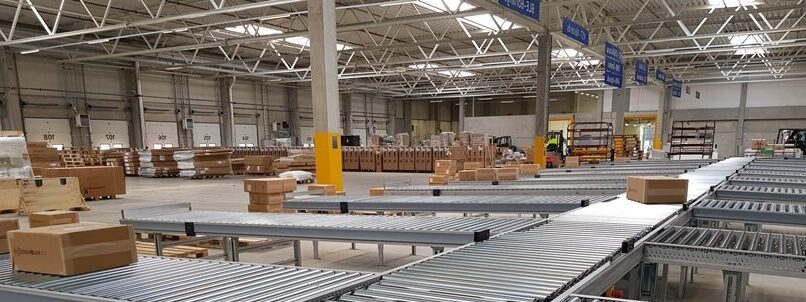
Let’s take a moment and think about, what does legal-for-trade mean?
In all commercial applications where products are being sold by weight, it is a legal requirement that weighing equipment is verified as ‘legal for trade’ or ‘trade approved’.
Legal for trade means that the equipment has undergone a stringent set of tests to ensure that it is sufficiently accurate and fit for purpose.
If a trade approved unit undergoes any alteration or repair, it will require re-verification to ensure that the approval remains valid.
The following list provides examples of typical applications where a legal-for-trade scale might be required:
- Determination of mass for commercial transactions.
- Determination of mass for the calculation of a toll, tariff, tax, bonus, penalty, remuneration, indemnity, or similar type of payment.
- Determination of mass for the application of laws or regulations; expert opinion given in court proceedings.
- Determination of mass in the practice of medicine for weighing patients for the purposes of monitoring, diagnosis and medical treatment.
- Determination of mass for making up medicines on prescription in a pharmacy and determination of mass in analyses carried out in medical and pharmaceutical laboratories.
- Determination of price on the basis of mass for the purposes of direct sales to the public and the making-up of pre-packages.
Who governs this law?
Global
Weights and measures authorities around the world are responsible for controlling legal for trade equipment and related legislation. Most countries globally (outside of the USA) have adopted International Organization of Legal Metrology (OIML) requirements for weighing equipment.
OIML has developed a set of international guidelines, related to manufacture and use of weighing and measuring instruments for legal metrology applications.
US specific
The specific requirements for legal-for-trade weighing equipment in the US are found in the Handbook 44.
(Specific Tolerances and Other Technical Requirements for Weighing and Measuring Devices)
The equipment is certified under the National Type Evaluation Program (NTEP), established from a cooperation between:
- The National Conference of Weights and Measures (NCWM).
- Weights & Measure division, from the National Institute for Standards and Technology (NIST).
The National Type Evaluation Program (NTEP) is a testing and evaluation process of the weighing equipment and critical components, to ensure their compliance with Handbook 44.
According to the “National Type Evaluation Program (NTEP)” the term “Legal-for trade” refers to devices that are used for custody transfers, selling, purchasing, exchanging, and for establishing costs of services.
Or hire on the basis of a measurement..
By NTEPs terms, a ‘device’ is a weighing or measuring instrument. The NTEP term also refers to major elements.
Canada Specific
Legal-for-trade in Canada is governed by standard testing from Industry Canada.
It ultimately requires an approval process from Measurement Canada, even when the product is National Type Evaluation Program (NTEP) certified.
European Community (EC) specific
Countries within the European Community are required to adopt the harmonised European Directives for CE compliance.
Including those relating to “prescribed weighing instruments”.
The European Community (EC) weighing instruments are divided into:
- Automatic Weighing Instruments (AWI)
- Non-Automatic Weighing Instruments (NAWI).
The main difference between the two is:
- Non-Automatic Weighing Instruments (NAWI) requires intervention from operators during a weighing process to adjust the quantity of the material being weighed.
NAWIs are certified under the EC as Non-Automatic Weighing Instruments Directive.
- Most Automatic Weighing Instruments (AWIs) fall under the remit of the EC Measuring Instruments (MID) directive.
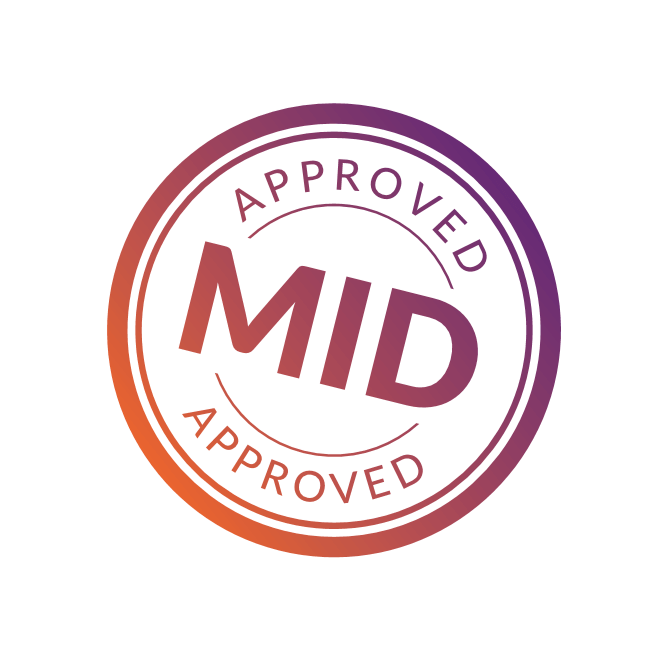
Who can certify a product as legal for trade?
The certification can only be given by a weights and measures inspector, or an ‘approved qualifier’.
An appropriate approved body must evaluate the design and operation of the equipment to ensure that it conforms to the published guidelines/ requirements.
The Scaletronic Data Capture solutions are Legal For Trade, MID approved.


